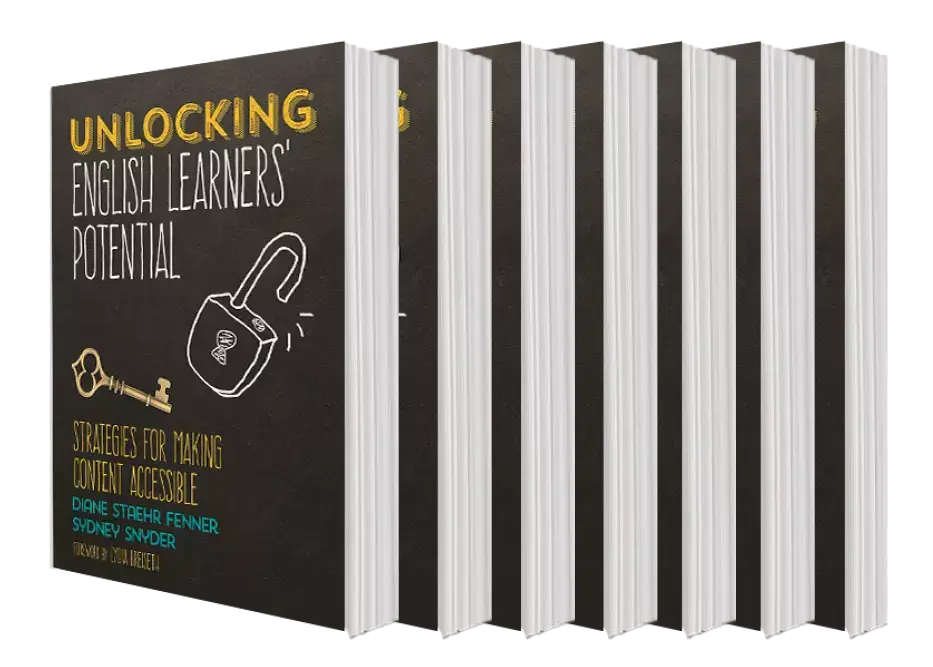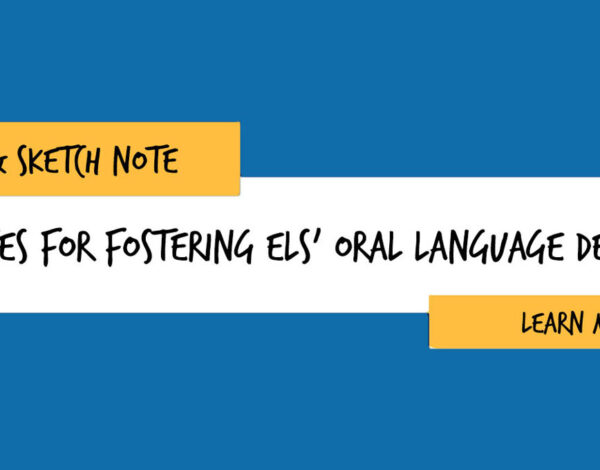Resource Library
Oral Language Development Oral Language Development
Oral language development is the building ofMultilingual Learners’ (MLs’) speaking and listening skills to engage in academic discussions. MLs need structured peer learning opportunities that promote authentic talk using meaningful and robust language through open-ended prompts to build those oral language skills.
Peer learning opportunities provide MLs with opportunities to hear and practice discipline-specific language that supportstheir language acquisition, learning of academic language, and their literacy development. MLs, in particular, need the repetition and recycling of language thatoccurs during peer-to-peer discussions as ideas are explained and analyzed to enhance their learning and retention of new content.
Four key practices support MLs in developing skills needed for structured peer learning. SupportEd provides various solutions and practical tools to help build your understanding of oral language development and to support those key practices. For a more detailed understanding of fostering MLs’ oral language development, check out chapter 4 of Unlocking English Learners’ Potential.
Printables Printables
Observation checklist
Download
Supporting English LEarners Oral Language Development Through Academic Conversations
Download
Practices to Engage ELs in Academic Conversations and Encourage Oral Language Development
Download
Questions for Self-Assessment with Expert “Do’s andDon’ts”
Download
Books Books

Unlocking English Learners’ Potential Unlocking English Learners’ Potential
Courses Courses
Strategies for Making Content Accessible to ELs Collaborative Course Strategies for Making Content Accessible to ELs Collaborative Course
In the Strategies for Making Content Accessible to ELs self-paced course, you will explore research-based practices for supporting ELs as they learn academic language and content.
Webinars Webinars
Peer Learning: Fostering MLs’ Oral Language Peer Learning: Fostering MLs’ Oral Language
Presenter: Diane Staehr Fenner
Supporting ELs' Oral Language Development Supporting ELs' Oral Language Development
Presenter: Diane Staehr Fenner, Emily Francis and Jill Kester

